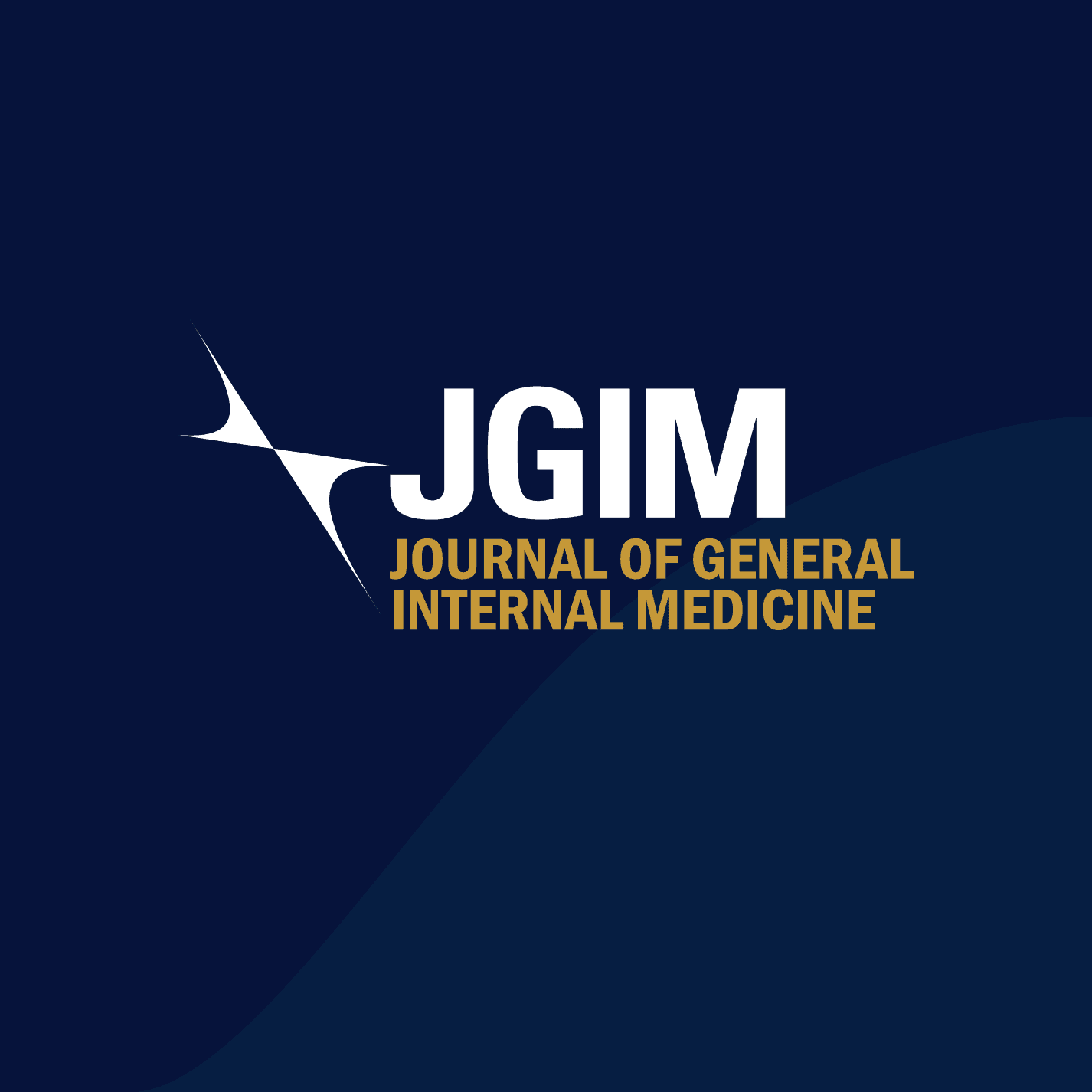Abstract
Background
Empathy with patients improves clinical outcomes. Although previous studies have shown no significant differences in empathy levels between physicians and nurses, investigations have not considered differences in cultural backgrounds and related factors of healthcare providers at the individual level.
Objective
This study compares empathy between physicians and nurses in Japan and identifies relevant factors that contribute to these differences.
Design
A cross-sectional survey design was used in the study. The online survey was conducted using the Nikkei Medical Online website.
Participants
A total of 5441 physicians and 965 nurses in Japan who were registered as members of Nikkei Medical Online were included.
Main Measures
Empathy was measured by the Jefferson Scale of Empathy (JSE).
Key Results
Cronbach’s α was 0.89. The mean JSE score for Japanese physicians was significantly lower at 100.05 (SD = 15.75) than the mean score of 110.63 (SD = 12.25) for nurses (p<0.001). In related factors, higher age (increasing by one year) (+0.29; 95% CI 0.25 to 0.32; p<0.001), self-identified female gender (+5.45; 95% CI 4.40 to 6.49; p<0.001), having children (+1.20; 95% CI 0.30 to 2.10; p=0.009), and working at a hospital with 20–99 beds (+1.73; 95% CI 0.03 to 3.43; p=0.046) were significantly associated with higher scores, whereas those whose mother is a physician (−6.65; 95% CI −8.82 to −4.47; p<0.001) and father is a nurse (−9.53; 95% CI −16.54 to −2.52; p=0.008) or co-medical professional (−3.85; 95% CI −5.49 to −2.21; p<0.001) were significantly associated with lower scores.
Conclusions
Physicians had significantly lower scores on the JSE than nurses in Japan. Higher age, self-identified female gender, having children, working at a small hospital, having a mother who is a physician, and having a father who is a nurse or co-medical professional were factors associated with the level of empathy.
Topic
JGIM
Author Descriptions
Faculty of Medicine, Shimane University, Shimane, Japan
Tomoe Otsuka MD, RN & Yasuhisa Nakano MD
General Medicine Center, Shimane University Hospital, 89-1, Enya-cho, Izumoshi, Shimane, 693-8501, Japan
Kota Sakaguchi MD, MBA, Takeshi Endo MD, Seiji Odagawa MD, Yoshihiko Shiraishi MD & Takashi Watari MD, MHQS, PhD
Medicine Service, VA Ann Arbor Healthcare System, Ann Arbor, MI, USA
Nathan Houchens MD & Takashi Watari MD, MHQS, PhD
Department of Internal Medicine, University of Michigan Medical School, Ann Arbor, MI, USA
Nathan Houchens MD & Takashi Watari MD, MHQS, PhD
Nikkei BP Nikkei Medical Editorial Department, Tokyo, Japan
Daisaku Yamasaki BA & Mamoru Miwa MMS
Muribushi Okinawa Project for Teaching Hospitals, Okinawa, Japan
Yasuharu Tokuda MD, MPH
Diversity and Inclusion Center, Okayama University, Okayama, Japan
Hitomi Kataoka MD, PhD
Share
Related Articles
Perspectives of In-Hospital Intramuscular Naltrexone and Oral Medications for Alcohol Use Disorder: A Study of Addiction Clinicians and Hospitalized Patients
Abstract Background Alcohol-related hospitalizations are rising; however, medications for alcohol use disorder…
Beyond Workarounds: Enhancing Education, Care, and Wellness on Inpatient Medicine Rotations—A Multicenter Qualitative Study
Abstract Background Inpatient medicine rotations (IMRs) aim to deliver exceptional clinical education…


